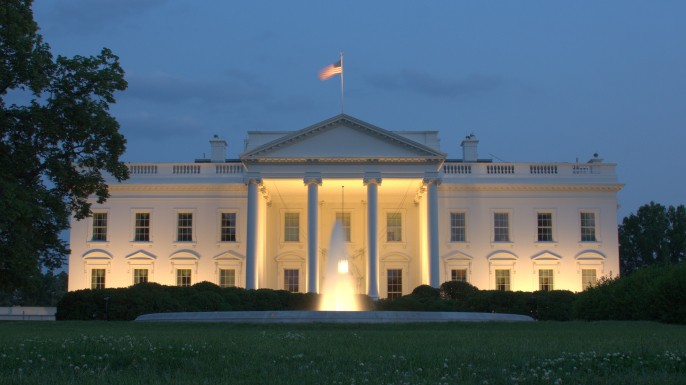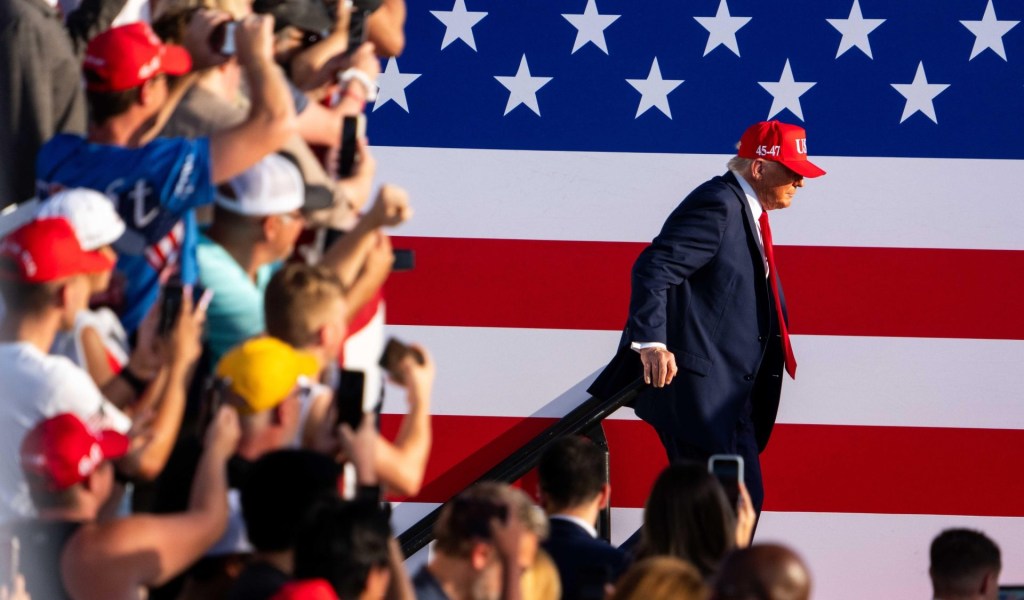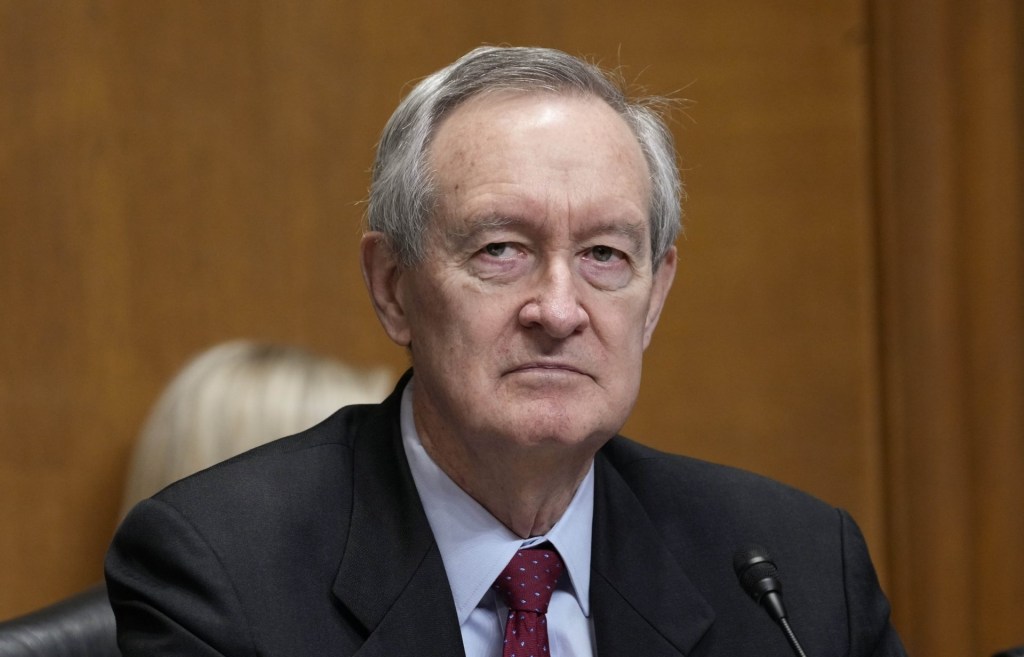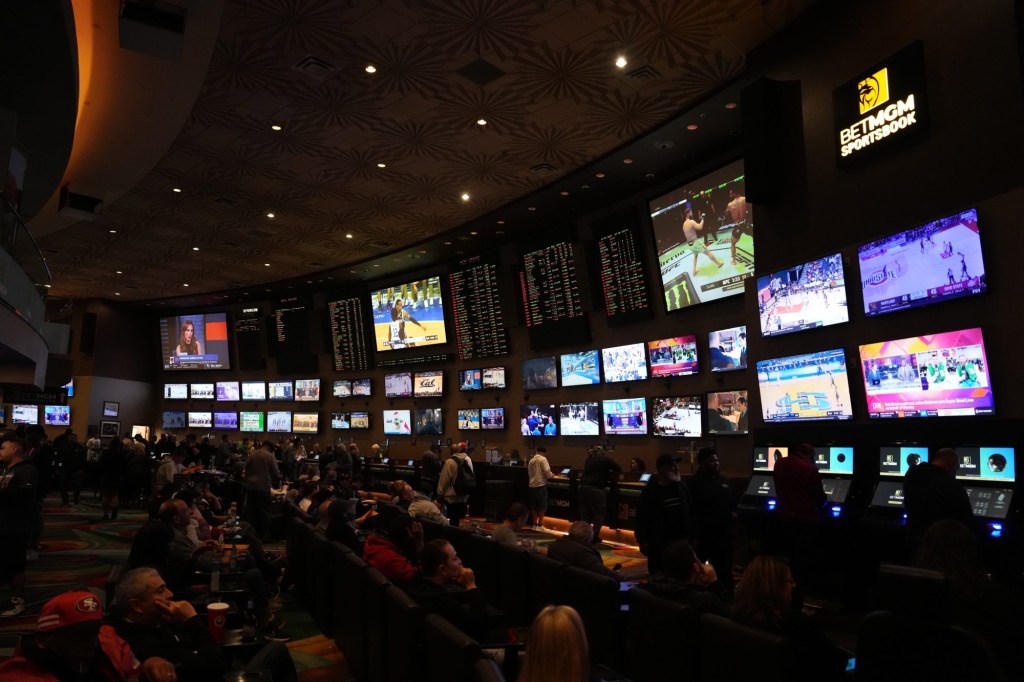
By: Joe Londergan, @Joehio_
As Election Day gets closer, more and more Americans have made up their minds on several sociocultural issues the nation currently faces along with the potential candidates for elected offices. Furthermore, people from all walks of life are voicing those opinions on social media. Thus a dilemma is created for current and aspiring sports professionals: can you express your personal political views or commentary on your public social feeds?
It’s no secret we live in a divided country, so how do you mitigate the risk of alienating part of your audience? Sports and public relations professionals who were kind enough to give us their time opened up about this issue and all the nuance that goes along with it.
Traditionally, avoiding conflict on social media has coincided with avoiding the two things that have been stirring the socio-cultural pot for centuries: politics and religion. Admittedly, whatever your perspective is, not everyone is going to agree with your opinion. Anytime that happens, the door opens for people to tune out or actively attempt to discredit you. However, the narrative of how to address current events and cultural issues is beginning to shift.
Kevin DeShazo, Founder of Fieldhouse Media, frequently conducts social media education sessions with collegiate student-athletes all over the country. During these sessions, DeShazo advises student-athletes to handle sensitive topics like this with care.
“Our message to student-athletes is if you have a perspective, and you are educated, then by all means engage because you have a voice that needs to be heard. I would argue on some of these things, whether it be this election cycle or the Black Lives Matter movement or police violence, silence is the worst case scenario.
But you need to be educated before you speak. If you just tweet or post out of emotion, then A: you may be wrong and not have all the facts, and B: you’ll actually create more of a distraction and make the situation worse. Make sure it isn’t strictly an opinion, but that you’ve done your research and you can back up whatever your opinion may be. If you fully believe in your position, then go for it. However, don’t just put things out there just to add noise to the conversation.”
On top of being completely educated about an issue before you speak (or type, in this case), keep in mind that what you say reflects on people besides yourself. Namely, your organization. Samantha Hughey, Audience Engagement Editor at the United States Olympic Committee, speaks to the importance of this.
“Are you at a company that is strongly tied to one affiliation or another (think sponsor conflicts in this case)? Does your company have any rules or regulations that can limit what you are putting on social media? Where are you in your career (searching for jobs, in between jobs, etc.)? Understand what you are typing out and how it will effect those around you and how it will effect people’s perspective of you prior to hitting tweet or share.”
In a preemptive attempt to lessen how what they say reflects on their employer, people will put phrases such as, “opinions are my own” in their social bios. “It’s a complete waste of time,” DeShazo says.
“For one, there’s a difference between an employer endorsing your views and accepting them. To be fair, athletic departments employ people with a variety of views across any number of spectrums. They hire based on skill set and character.
But if you go in to a job and you’re just spewing racist hate or sexist hate or whatever it may be on your social feeds that people from your job can see, that might not be related to your ability to do your job in any way. But it is A: giving the company a bad image, and B: offending people in your workplace. Of course your views don’t necessarily reflect your employer, but they’re going to impact the way you do your job and the way you form relationships within that organization.”
A particular section of sports professionals that catches a heavy amount of criticism for attempting to enter the political conversation are journalists and members of the broadcast media. “Stick to sports” is the usual rallying cry of those who don’t want to see their favorite writer or personality address politics.
Michael Ryan Ruiz, Executive Producer of ESPN’s Dan Le Batard Show, has worked alongside the show’s host for nearly a decade and they have rarely shied away from addressing relevant social topics. In the process, they have proven to be a rare breed of sports show that successfully walks that tight rope more often than not.
“You have to think what’s the ‘risk versus the reward?’ Our show especially, we like to address the bigger topics and ESPN trusts Dan with that that based on how he’s done with those in the past. We don’t speak to it in terms of picking sides. We address it on a very macro level because there’s an important sociological discussion to be had.”
While Ruiz and Le Batard have done well to prove they can handle these topics, it catches the general public off guard when other sports writers and broadcasters try to do something similar. Dr. Karen Freberg, University of Louisville communications professor and social media education specialist, has noticed this trend and its peculiarity.
“I think it is interesting to see how some in the media are told to stick to one topic and that’s it for their profiles. If that was the case for me as a professor, I’d only be allowed to talk about research and teaching, which is good, but that’s not all of what I do. I find these expectations should be ‘guidelines.’
You want to share insights based on your expertise, but you also want to show your community you are passionate and interested in other things. That’s what social media is all about. Imagine if you were at a party and could only talk to your fellow friends about one subject — what would happen with the conversation? The same applies to social media. You have to be open to balance all of these different topics, conversations, and relationships to help foster a strong community.”
All in all, the collective consciousness of the sport industry has begun to recognize that sport and politics are undeniably intertwined. For that reason, the latter has become all the more difficult to ignore in the social media space. There is the undeniable benefit of less headache from staying away from these sociocultural discussions. However, if you feel the need to offer your voice and perspective to the conversation, be prepared to back it up.
















